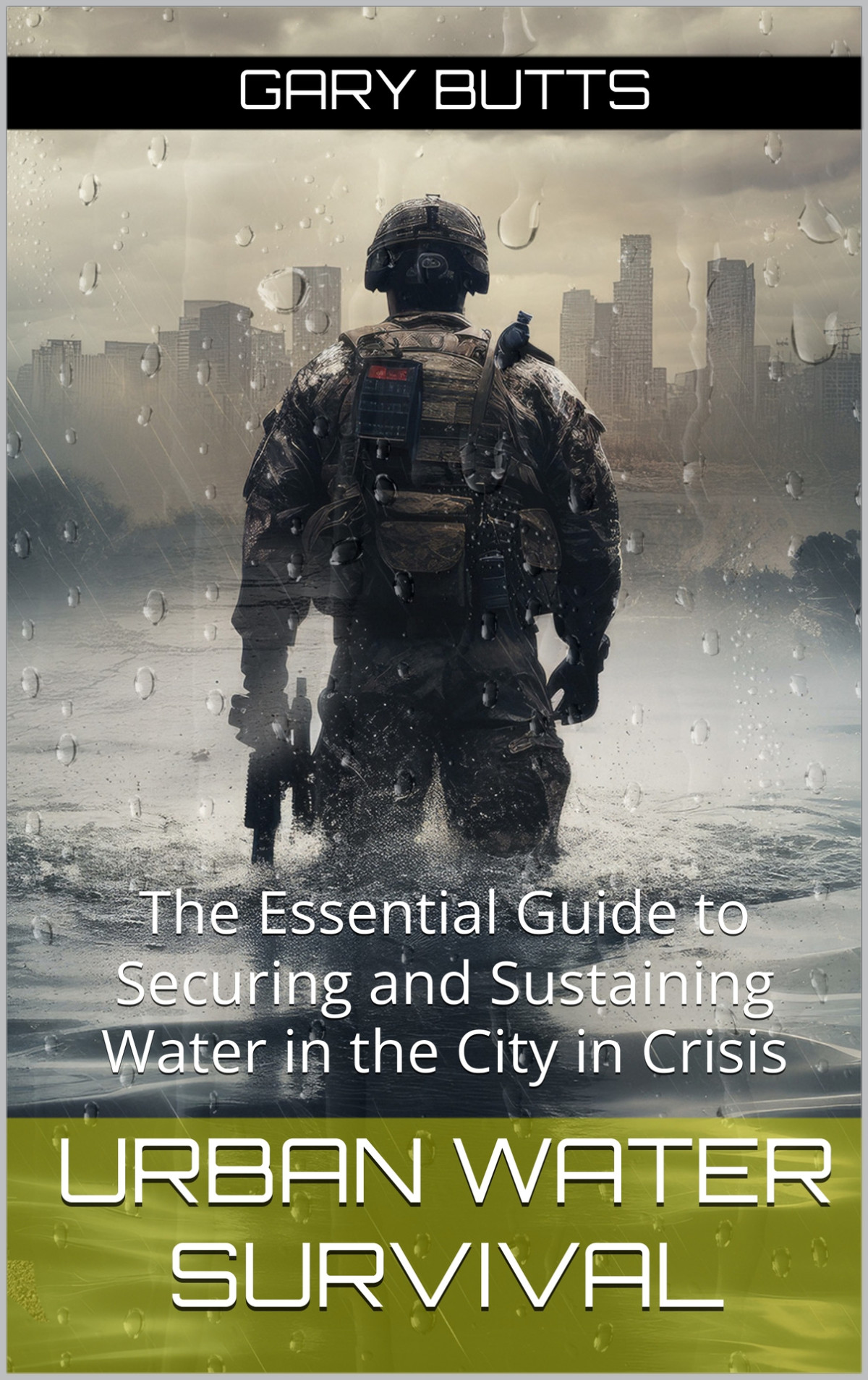

Most ebook files are in PDF format, so you can easily read them using various software such as Foxit Reader or directly on the Google Chrome browser.
Some ebook files are released by publishers in other formats such as .awz, .mobi, .epub, .fb2, etc. You may need to install specific software to read these formats on mobile/PC, such as Calibre.
Please read the tutorial at this link: https://ebookbell.com/faq
We offer FREE conversion to the popular formats you request; however, this may take some time. Therefore, right after payment, please email us, and we will try to provide the service as quickly as possible.
For some exceptional file formats or broken links (if any), please refrain from opening any disputes. Instead, email us first, and we will try to assist within a maximum of 6 hours.
EbookBell Team

4.3
78 reviewsWater is life—especially in urban areas where clean, reliable water is taken for granted. What happens when the taps run dry or municipal systems fail? Urban Water Survival is the ultimate guide to thriving in an urban environment where water scarcity or contamination becomes a pressing reality.
Written for city dwellers, preppers, survivalists, and environmentally conscious individuals, this comprehensive book teaches how to find, collect, purify, and store water in even the most challenging urban settings. Whether preparing for a natural disaster, infrastructure failure, or just wanting to become more self-reliant, Urban Water Survival equips you with actionable strategies and life-saving knowledge to ensure your water needs are always met.What You’ll Learn
1. Understanding the Urban Water Crisis
Gain insights into the vulnerabilities of modern city water systems, aging infrastructure, climate change effects, and contamination risks. Learn why self-reliance is crucial and how to prepare for water-related emergencies before they occur.
2. Water Sources in the Urban Jungle
Discover unconventional and creative ways to find water in an urban landscape, from harvesting rainwater on rooftops to tapping hidden natural sources in parks and industrial zones. Explore techniques for scavenging water from places most people overlook, such as air conditioning units, abandoned buildings, or underground reservoirs.